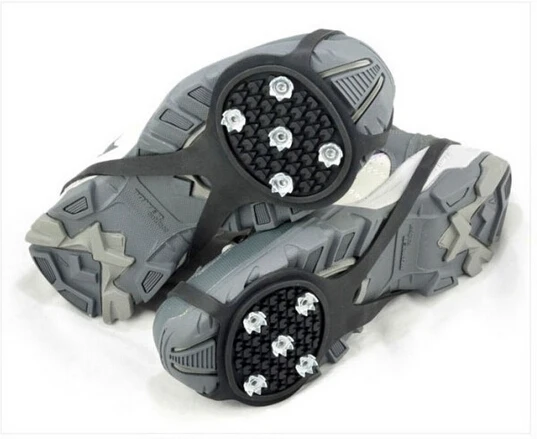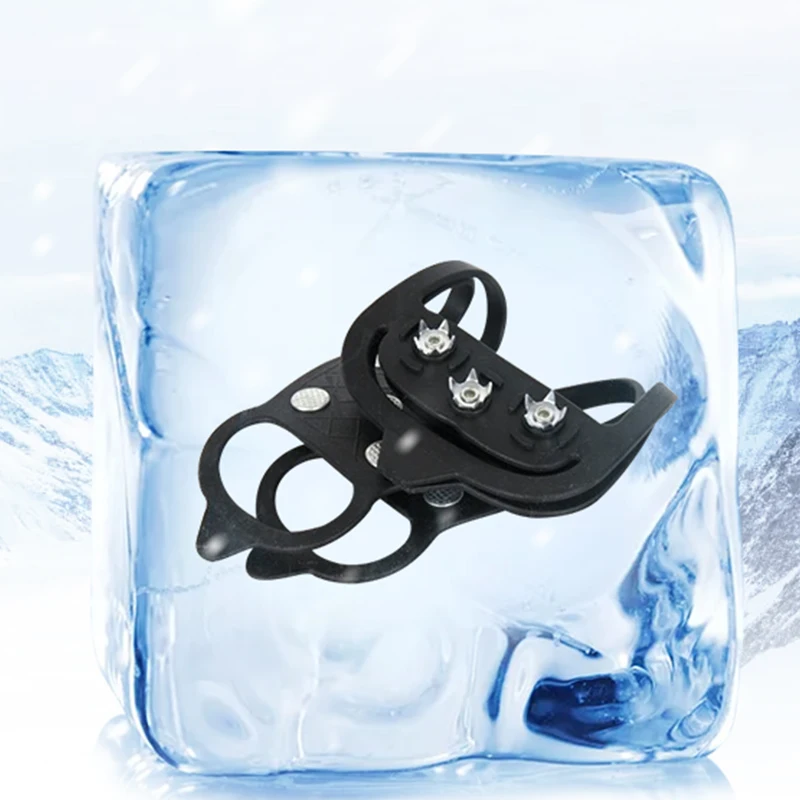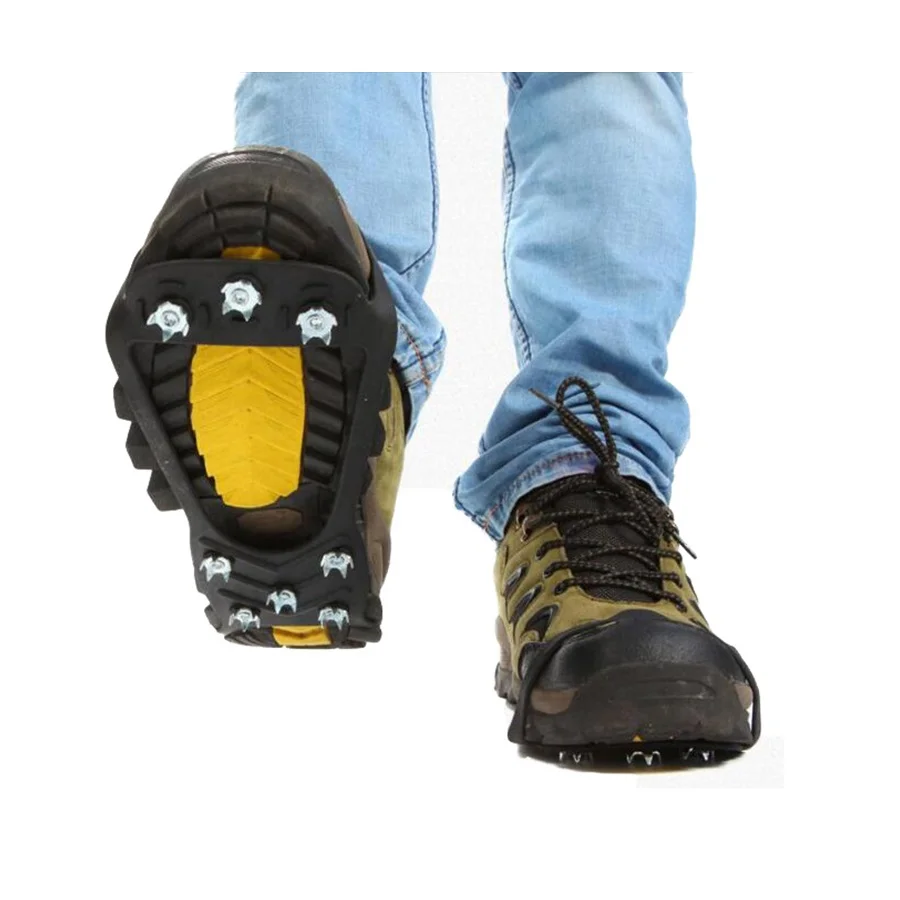Everything You Need to Know About Studs for Tools & Hardware
Studs are a fundamental component in various construction and manufacturing applications. Whether you're a professional contractor or a DIY enthusiast, understanding the different types, features, and sourcing options for studs can significantly impact your project's success. This guide covers everything from selecting the right studs to finding reliable suppliers.
How to Find Reliable Studs from China in 2025
China remains a leading manufacturer of high-quality studs, offering competitive prices and a wide range of options. To ensure reliability, always verify supplier credentials on platforms like Alibaba. Look for suppliers with verified trade assurances and positive customer reviews. Request samples to test quality before placing bulk orders.
What Buyers Should Know Before Buying Studs from China
Before purchasing studs from China, consider material specifications, certifications (e.g., ISO 9001), and lead times. Negotiate shipping terms to avoid unexpected costs. Always confirm the supplier’s ability to meet your volume requirements and check for after-sales support.
Types of Studs
Common types include threaded studs, weld studs, and bonding studs. Threaded studs are versatile for fastening, while weld studs are ideal for metal fabrication. Bonding studs are used in adhesive applications for lightweight materials.
Functions and Features of Studs
Studs provide secure fastening in high-stress environments. Key features include corrosion resistance (e.g., stainless steel or galvanized options), tensile strength, and compatibility with nuts and bolts. Some studs come with pre-applied thread locker for added stability.
Scenarios of Studs
Studs are widely used in construction (e.g., steel framing), automotive (e.g., engine components), and electronics (e.g., PCB mounting). They’re also essential in furniture assembly and machinery maintenance.
How to Choose Studs
Select studs based on material (e.g., carbon steel for strength, brass for corrosion resistance), thread type (e.g., fine or coarse), and load capacity. For outdoor use, opt for weather-resistant coatings.
Studs Q & A
Q: What’s the difference between studs and bolts?
A: Studs are threaded on both ends and typically used with nuts, while bolts have a head on one end.
Q: Can I reuse studs?
A: It depends on the material and wear. Stainless steel studs can often be reused if undamaged.
Q: How do I prevent studs from loosening?
A: Use thread locker or double-nut methods for vibration-prone applications.
Q: Are Chinese studs as durable as European ones?
A: Yes, many Chinese manufacturers meet international standards like DIN or ASTM.
Q: What’s the best stud for high-temperature environments?
A: Heat-resistant alloys like Inconel are ideal.



































